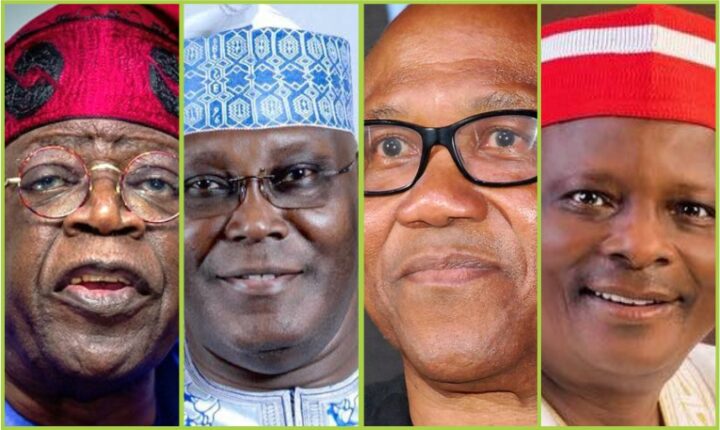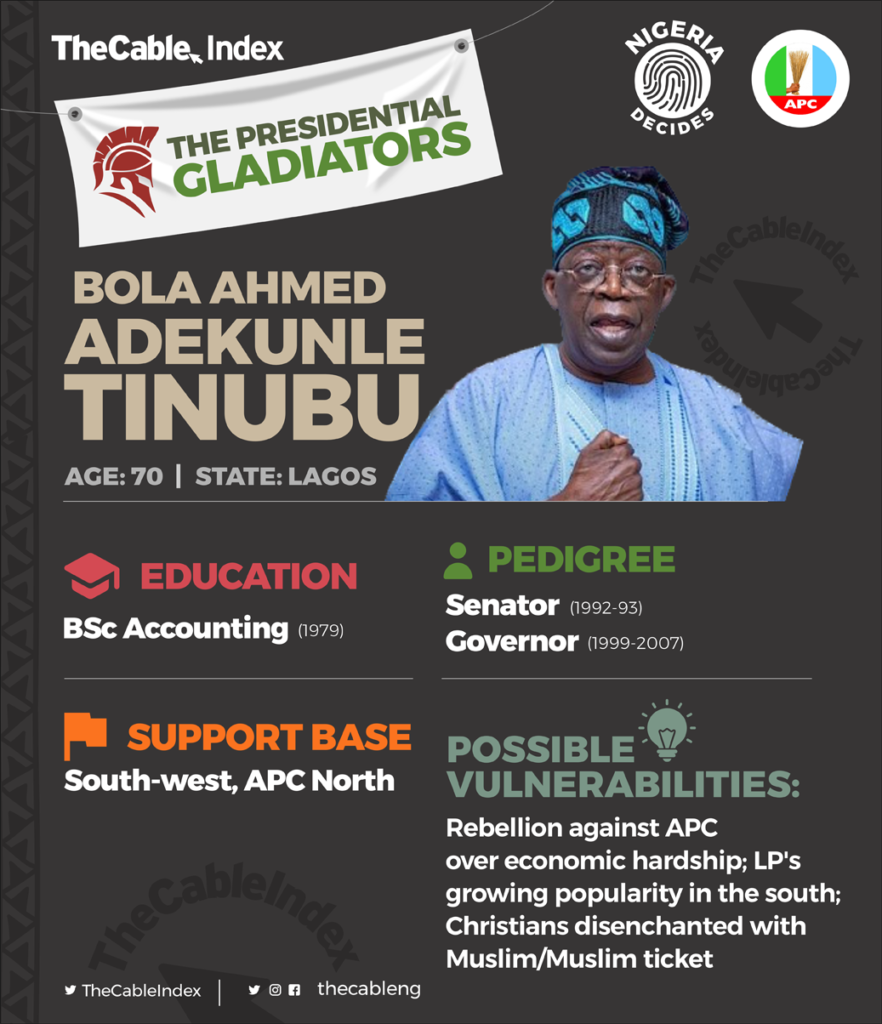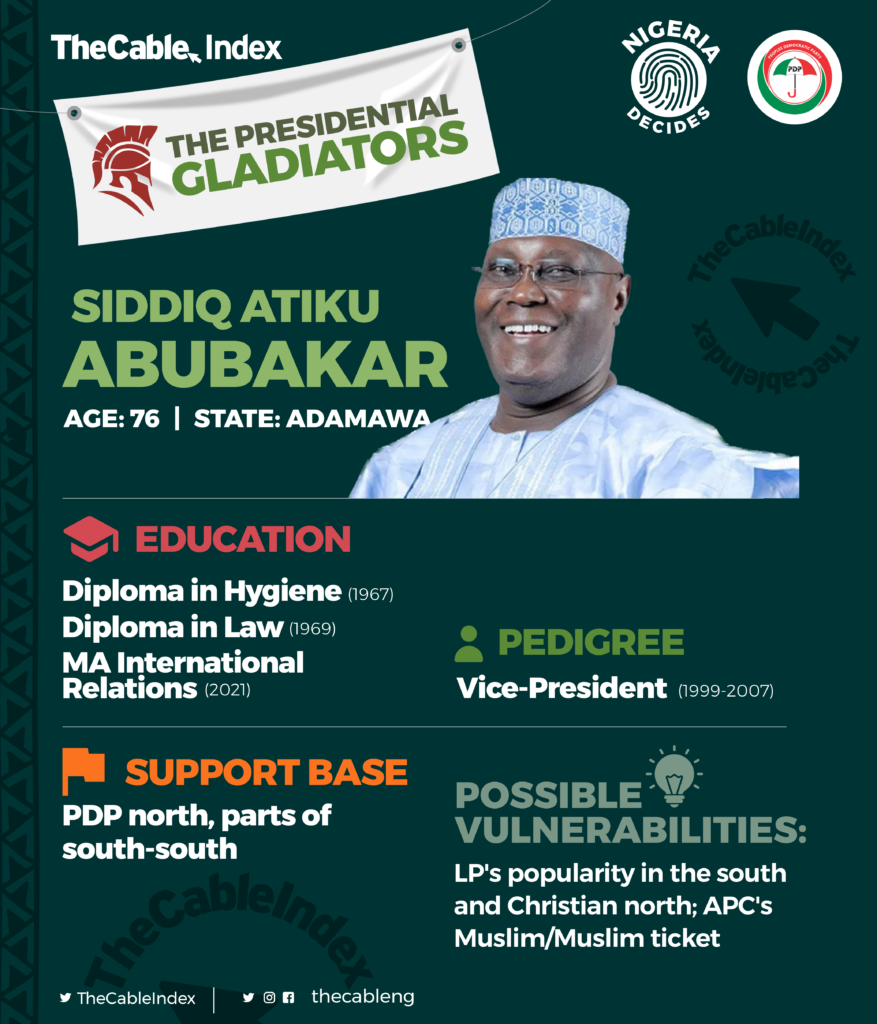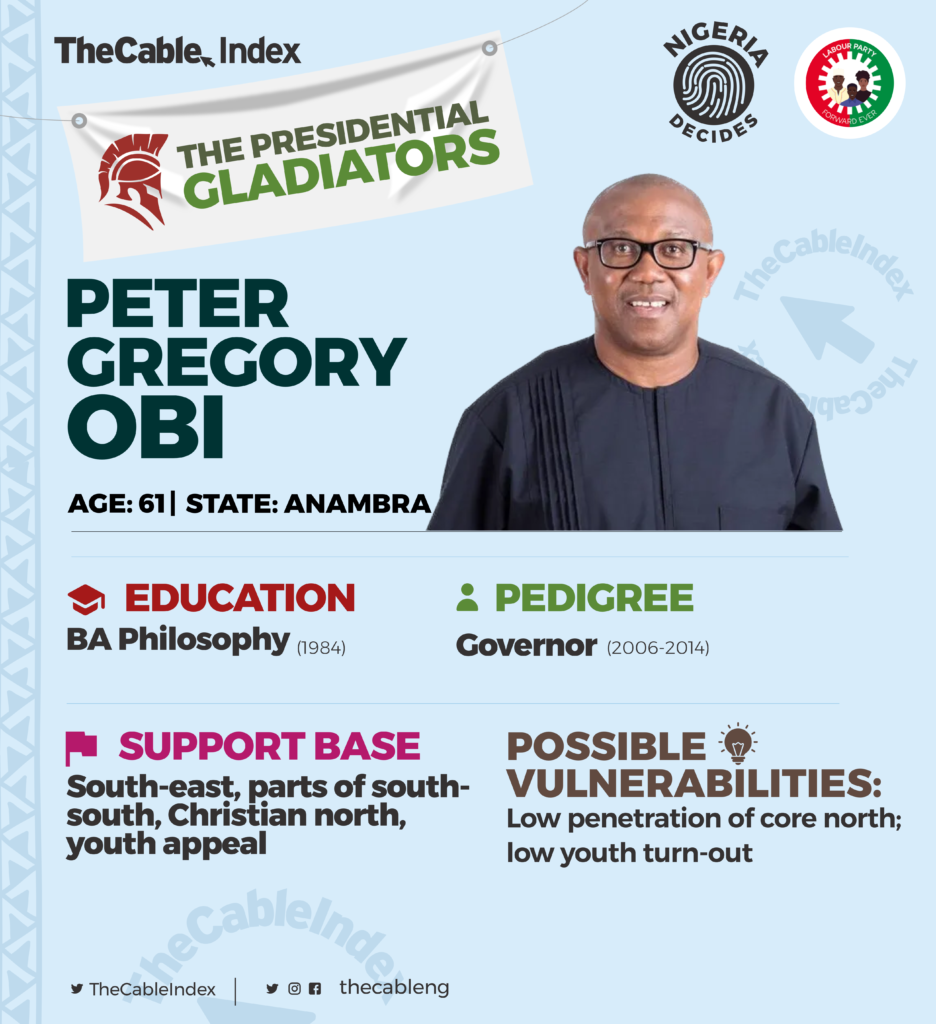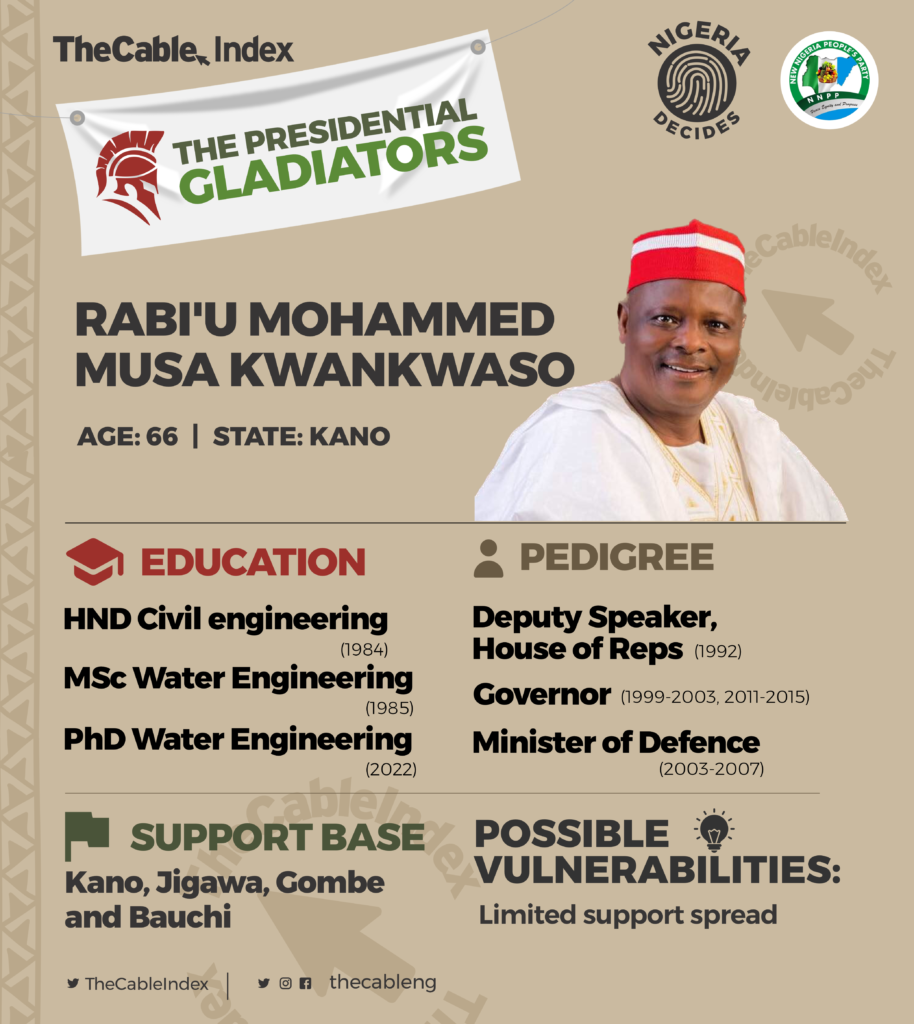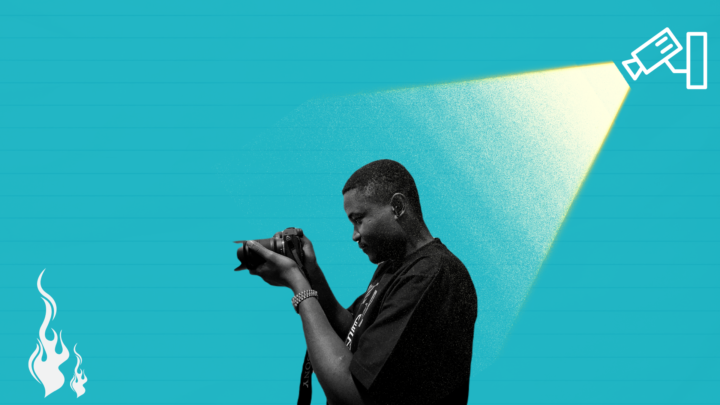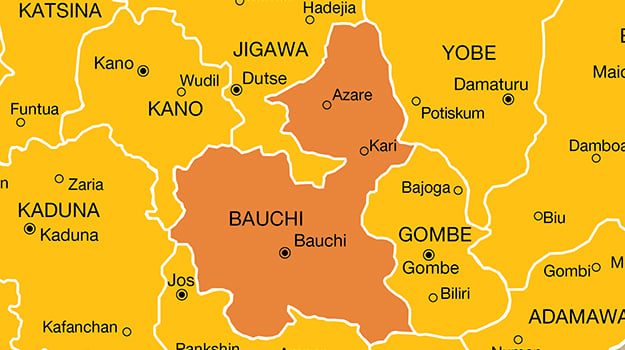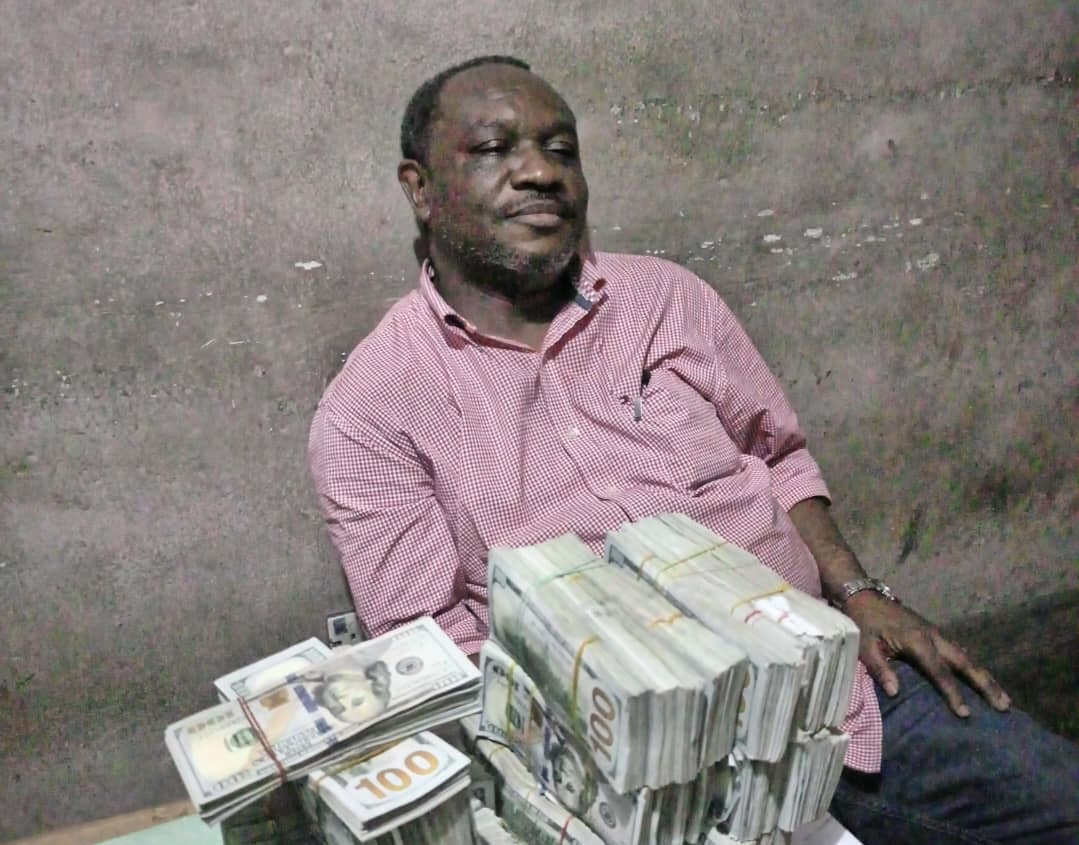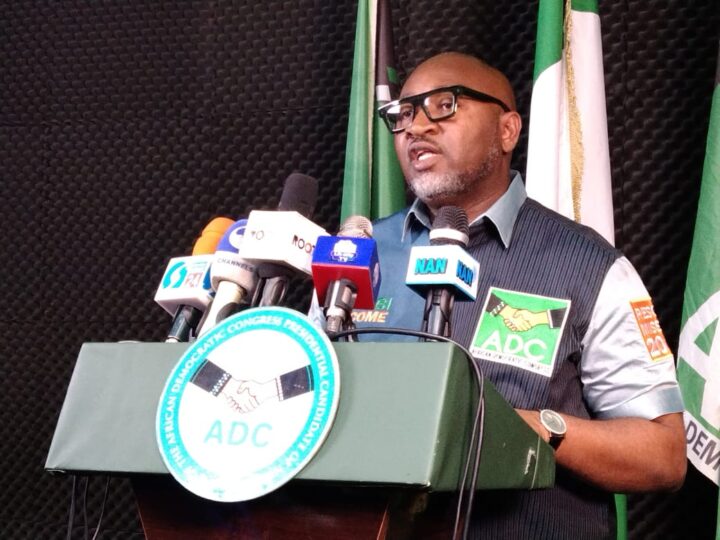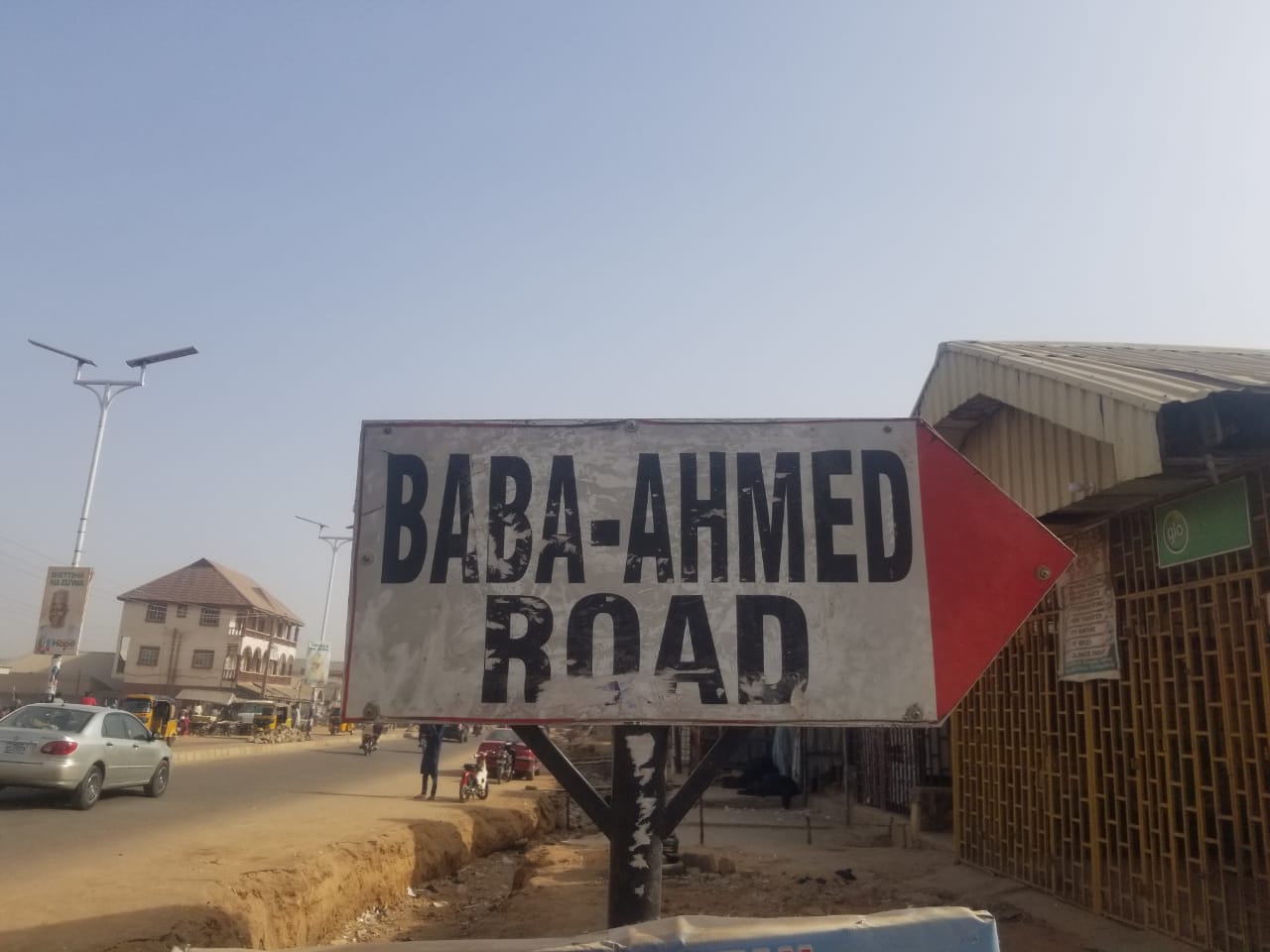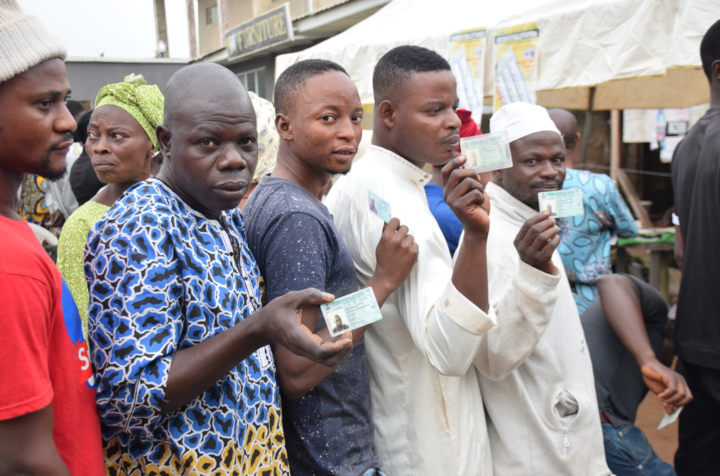On a good day, presidential elections in Nigeria are a straight fight between the candidate of the ruling party and that of the leading opposition party.
Not this year.
What many thought would be a head-to-head battle between Bola Ahmed Tinubu of the All Progressives Congress (APC) and Atiku Abubakar of the Peoples Democratic Party (PDP) suddenly took a different turn when Peter Obi of the Labour Party (LP) joined the fray, and Rabiu Musa Kwankwaso of the New Nigeria Peoples Party (NNPP) soon spiced things up.
Will Tinubu, whose party controls 21 of the 36 states, retain the presidency for the APC? Will Atiku, who is believed to be the strongest northerner in the race, harvest the homeboy factor to upstage Tinubu? Will Obi, who has enjoyed the goodwill of vocal youths, upset the apple cart? Or will Kwankwaso, seen as the weakest of the four, pull rabbits out of his hat?
Advertisement
TheCable provides a lowdown on the four key contenders in the presidential race.
AHMED BOLA TINUBU
There is a sense in which it can be argued that Tinubu should be the leading presidential candidate: his party currently has the highest number of elected officials in the country and has been in control of Aso Rock since 2015. If only it were that easy. As the ruling party, APC is the one Nigerians have recent memory of when it comes to economic hardship and insecurity. If they choose to vent their spleen at the party, Tinubu would be the collateral damage.
Nevertheless, he is banking on a number of factors to win. One, a good majority of votes from his base, the south-west, which has the second largest voting population among the six geopolitical zones. Two, good dividends in the core north for picking a fellow Muslim as his running mate. Three, the fidelity of APC governors to a gentleman’s agreement reportedly struck in 2015 to rotate power to the south after eight years. Four, his longstanding political relationships with key players across the country.
Advertisement
AS THINGS STAND: Until the recent currency scarcity, petrol shortage and internal crisis in the APC, Tinubu looked like a shoo-in for the presidency, mainly because of a divided opposition. It remains to be seen what impact the various crises will have on the outcome of the election. However, TheCable projects that Tinubu, as the front runner, will do very well in the south-west and secure the required 25 percent of votes cast in at least 24 states of the federation.
ATIKU ABUBAKAR
The former vice-president has never hidden his desire to be president of Nigeria and he most probably would have been the PDP candidate in 2007 if he had not fallen out with President Olusegun Obasanjo, who opted to anoint Umaru Musa Yar’Adua, who went on to win. As far back as 1993, Atiku had pitched for the job and is believed to be one of the most prepared presidential candidates in the history of Nigeria.
Atiku, who has one of the widest political networks in the country, has name recognition and is expected to benefit from the homeboy factor in the north. While southerners may be complaining that his victory would mean another possible eight years of power staying in the north after Buhari’s two terms, it is this same prospect that may push many northern voters to support him. Atiku will need to reverse some of the losses suffered by the PDP in the north since 2015 as well as the dent caused by the G5 governors.
AS THINGS STAND: TheCable projects that Atiku will benefit from the recent economic crisis that has hurt APC and Tinubu. He is projected to secure the required 25 percent of votes cast in at least 24 states. His major underbelly is the gain made in traditional PDP strongholds by Obi, his running mate in 2019. If the APC governors fail to deliver for Tinubu, Atiku will be the major beneficiary. This could happen if the voters think differently, or because the governors have not done well, or even because of local factors.
Advertisement
PETER OBI
No Nigerian presidential candidate in recent memory has enjoyed a meteoric rise as much as Obi. Since leaving the PDP in May 2022, he has become a phenomenon. Obi had endeared himself to many Nigerians after making an appearance at The Platform, a televised public forum organised by the Covenant Nation in Lagos, four years ago. His life of frugality is well celebrated and he is seen as a man of integrity in a nation desperately in need of role models.
Several pre-election polls have tipped Obi as the likely winner of the presidential election. Although these polls are disputed by his opponents, he has continued to generate excitement among the youths and his support base has expanded beyond Anambra state, where he was governor from 2006 to 2014. Some Christians also feel aggrieved by the fact that except Obi wins, no Christian would be president of Nigeria until possibly 2031. Christian leaders have been galvanising support for him. He has also been endorsed by former President Olusegun Obasanjo, Ayo Adebanjo, a respected Yoruba leader, and Edwin Clark, an Ijaw leader.
AS THINGS STAND: TheCable projects that Obi will take most of the traditional PDP strongholds in the south and Christian north, where he has made an appreciable in-road. Many southern youths have also been very vocal in his support. His major constraint would be getting the required national spread.
RABIU MUSA KWANKWASO
Despite the general belief that the 2023 presidential election is a three-horse race involving Tinubu, Atiku and Obi, the former governor of Kano state has continued to insist that he is on the turf to win. He says he has his supporters all over the country and is ready to pull a surprise. His party, the NNPP, has candidates running for elections in all the states of the federation. Not many people are convinced he has what it takes to clinch the ultimate trophy on February 25.
Advertisement
Many would consider his bid as a rebellion against the PDP, a party he left when it became obvious that he was not going to get the presidential ticket. Obi also left for a similar reason. There were expectations that when Obi’s candidature began to gain ground, Kwankwaso would team up with him for the necessary foothold in the core north. The issue became who would step down as Kwankwaso believed he was politically senior to Obi.
AS THINGS STAND: Although he is not realistically expected to win the presidential race, TheCable projects that he will be a major factor in states like Kano, Jigawa, Katsina, Bauchi and Gombe where his votes may affect the overall scores of the top two candidates.
Advertisement
Add a comment
